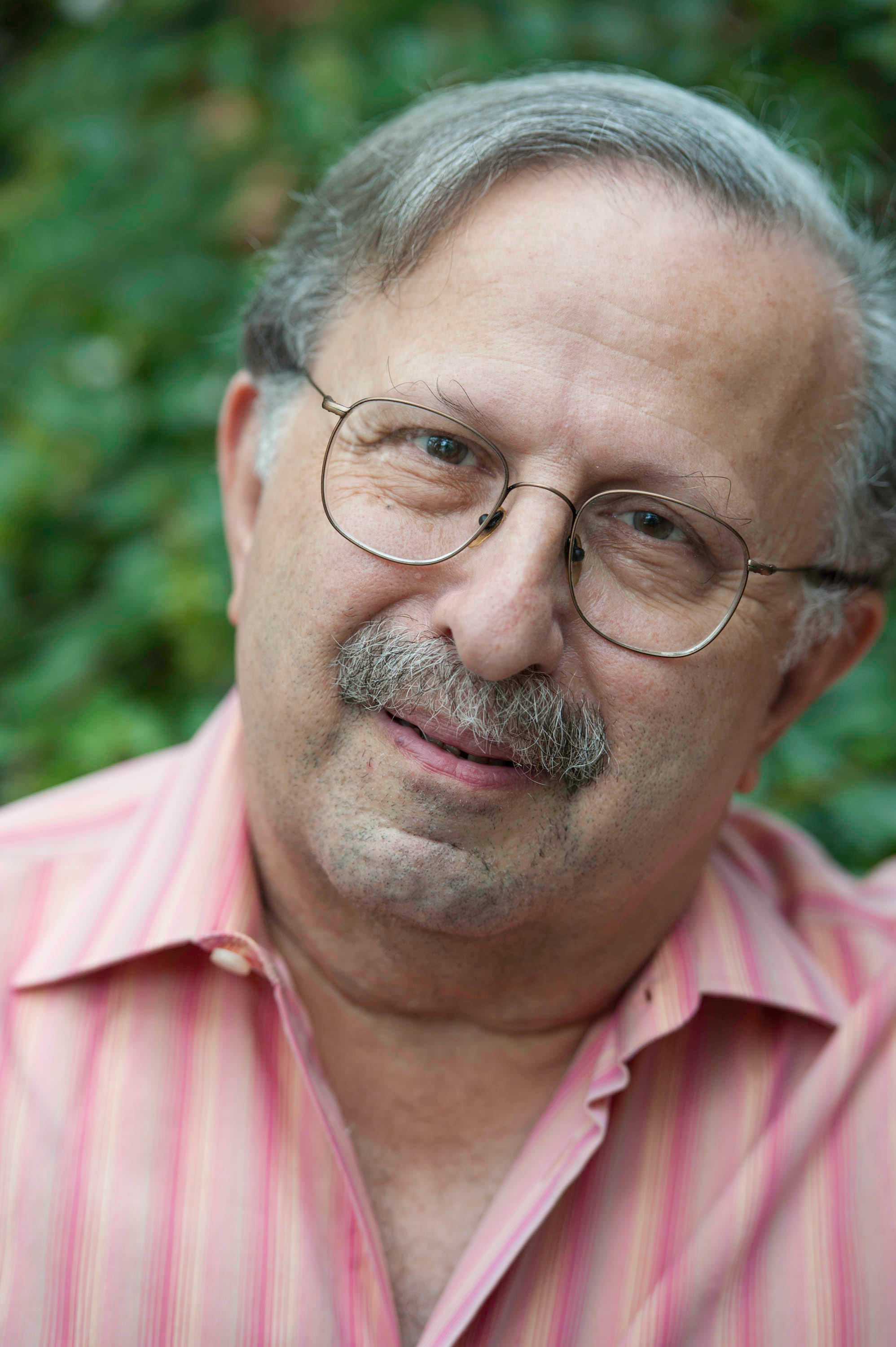Armenian-American pianist Sahan Azruni is in the midst of recording a complete history of piano music from his homeland. The latest edition, “By Women,” (rel. July 26, 2024 by Armenian General Benevolent Union) features music by 8 different women, including 2024 Pulitzer Prize finalist Mary Kouyoumdjian, and nearly all works are world premiere recordings. We spoke to him about the forthcoming album, his early inspirations, working as a sidekick to Victor Borge, and more.
What was it about the piano that first attracted you to play it, and what made you want to pursue a career in piano?
I started playing the piano at the age of four at the encouragement of my maternal aunt who was a pianist and a composer. When she discovered a superior gift in my “doodling,” she took me, at the age of six, to her Austrian teacher at the Istanbul Municipal Conservatory. He agreed to work with me as long as my aunt supervised my practicing. I made my first public appearance before I was five years old.
It was not practical to make a living playing or teaching the piano in Istanbul. Thus, I entered Robert College to study chemistry. Unfortunately, I failed in English (all classes were taught in English) and I was let go. I then applied to Juilliard School, was accepted and came to New York in 1964.
What inspired you to create this album?
I am in the midst of recording the history of Armenian piano music. This is the fourth album. The sponsors asked me to devote this album to the music of Armenian women composers. Feminism is in, I hear!
What elements – if any – might a listener identify as sounding like it was written by a woman; or sounding like it was written by someone of Armenian heritage?
There is nothing special about women composers in general. The music is either good or bad. Whether they are composed by men or women, it’s irrelevant. The idea of women creating music was nothing new for me. My aunt was my first piano teacher. Also, I was a close friend of another Armenian woman composer in Istanbul, Koharik Gazarossian. In the States, I became friends with Louise Talma and Miriam Gideon and recorded many of their works. And now this collection. I have found 38 Armenian women composers so far!
If you had to pick two pieces or composers to highlight for readers, which would you choose and why?
Alicia Terzian from Argentina is probably one of the most challenging Armenian woman composer. I have recorded almost all her piano compositions. Her works are mostly multi-media. Another woman composer would be Gayane Chebotaryan -- there is a polished finish to her compositions. They are highly pianistic and effective.
You worked with Victor Borge for many years. How did you first meet him?
In the sixties when I was attending The Juilliard School of Music, to help students to find jobs there was an office named Placement Bureau. In April 1968, through PB I found out that pianist Leonid Hambro was looking for a student to replace him for a week as a musical sidekick to pianist and comedian Victor Borge. Although several students has applied for the position, I was chosen by Victor Borge to work with. There were only 10 days before a week-long concerts in Hamilton, Ontario.
What role did you play on stage?
The half-hour portion I would be involved in not only included new music for two-pianos but also comedic antics with Borge. Borge and I hit it off right away, not only musically and comedically, but personally as well. Without Hambro’s knowledge Borge kept offering me additional dates. (Borge was paying me only 1/5 of what Hambro was charging.) Eventually, I replaced him as Borge’s stage partner. I was associated with Borge on and off until 1986.
What did you enjoy about this type of work?
In many ways, my association with Borge was a positive experience for I was exposed to huge audiences. Furthermore, playing some one hundred concerts a year was an immense exposure. And finally, expanding the idea of traditional recital – presenting just music – into music and talking was a unique approach.
How did working with Borge for so many years inform your career as a recitalist?
Working with Borge evolved my musical understanding, developed my relationship with audiences, and freed my artistic abstraction.

